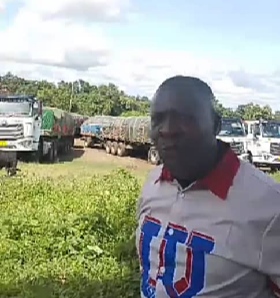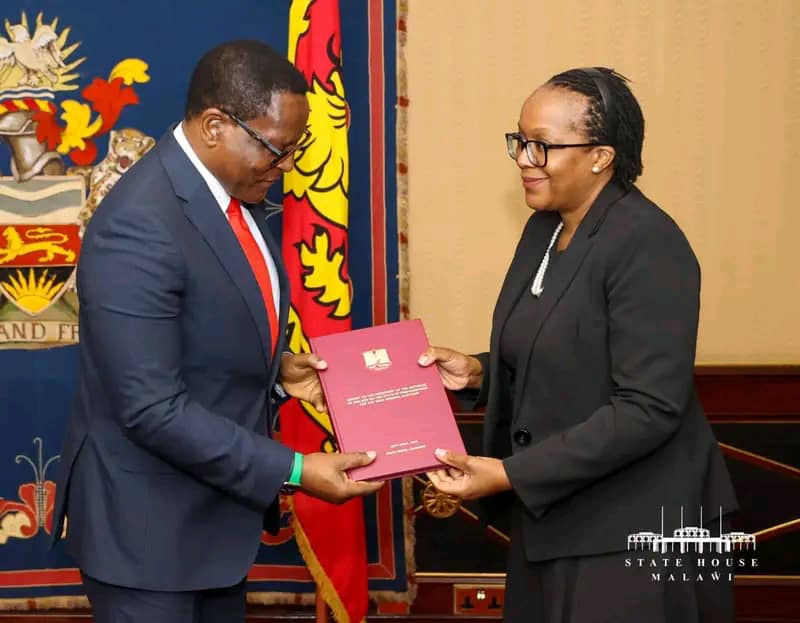By Vincent Gunde
A troubling silence has taken hold at the Kasumulu border post between Tanzania and Malawi — a place that just days ago was a vibrant artery of commerce and cross-border connection.
The recent ban on agricultural produce has greatly affected business activities at the border.
The Tanzanian government has made the bold decision to enforce a total ban on agricultural imports from both Malawi and Tanzania.
This move is a direct response to what Tanzanian authorities perceive as long-standing and unfair restrictions on their own exports to neighboring countries.
Chief among the grievances raised by the Tanzanian government is South Africa’s refusal to allow Tanzanian bananas, ginger, and maize into its market — an issue that has been fueling frustration in Dar es Salaam.
Tanzanian Agriculture Minister Hussein Bashe stated that the ban is an effort to protect Tanzania’s business interests.
This trade standoff comes at a particularly challenging time for the continent, just days after African nations came together to launch the African Continental Free Trade Area (AfCFTA) — a historic step towards regional integration, prosperity, and shared growth.
Instead of realizing the dream of free movement of goods, services, and people, citizens are now witnessing the erection of roadblocks — both physical and political — that undermine progress.
South African fruit exports such as apples and grapes have already been immediately affected by the Tanzanian embargo.
Malawi, which has long relied on Tanzania’s Dar es Salaam port to move vital exports such as tobacco, sugar, and soya beans to the global market, now faces the difficult task of seeking alternative, and potentially more expensive, routes through Mozambique’s ports of Beira or Nacala.
Political analyst Burnett Munthali said the consequences for Malawi are not theoretical; they are real, immediate, and painful for ordinary citizens and businesses.
He pointed out that the import ban from Malawi was originally announced in March 2025 as a temporary safeguard to protect Tanzanian local producers.
Munthali added that Malawi’s Trade and Industry Minister, Engineer Vitumbiko Mumba, had worked to create an environment where local businesses could thrive without the immediate pressure of foreign competition.
However, he expressed concern that at Kasumulu border post, lorries that once carried bananas, tomatoes, maize, and other produce are now standing idle.
“Fuel tankers are among the few vehicles still crossing the border post,” Munthali said.
He warned that the development is likely to have negative effects on both countries — Malawi and Tanzania alike.
The political analyst called on all parties — Tanzania, Malawi, and South Africa — to return to the negotiating table in good faith.
He urged them to remember that all are members of both SADC and AfCFTA and that pride, politics, or pressure should not be allowed to destroy the progress African nations have fought so hard to build.




